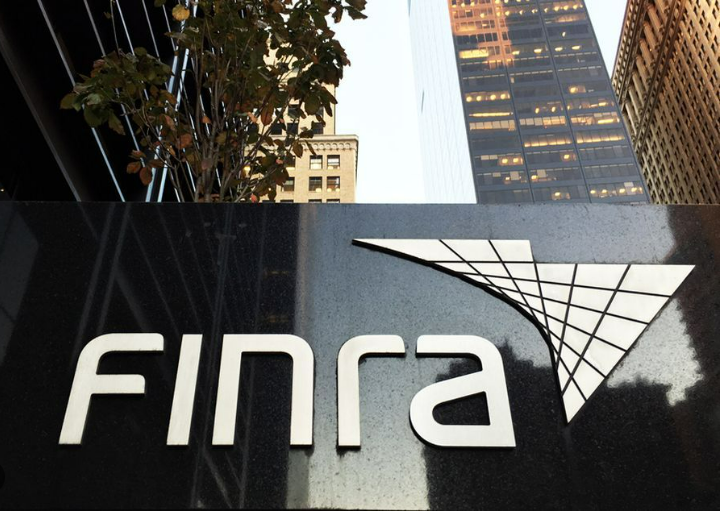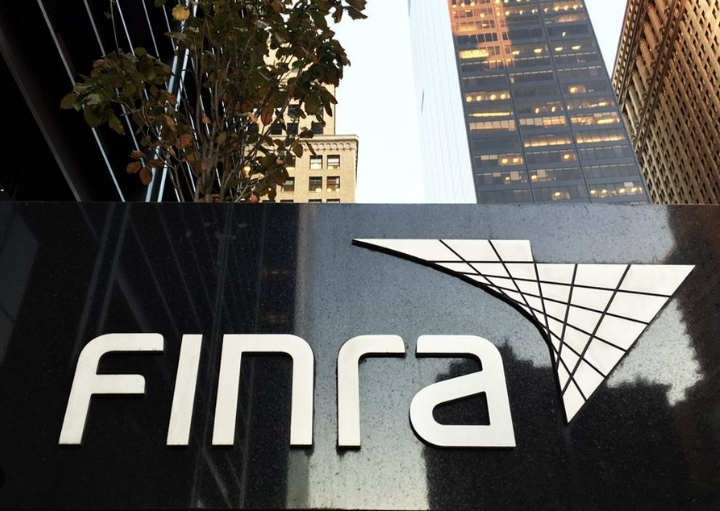What is FINRA?

The Financial Industry Regulatory Authority (FINRA) is a self-regulatory organization responsible for overseeing U.S. stockbrokers and broker-dealer firms. Brokers need to be registered with FINRA to trade on behalf of their clients.
Here’s an overview of FINRA, including its key benefits and how it differs from the Securities and Exchange Commission (SEC).
What is the Financial Industry Regulatory Authority (FINRA)?
FINRA is a non-governmental, self-regulatory organization that enforces regulations for brokers and broker-dealer firms in the U.S.
It has the authority to impose fines and sanctions on those who violate its rules, which can include suspensions or even permanent bans from the industry in severe cases.
FINRA also operates the BrokerCheck database, an online resource where you can find information about brokers, investment advisors, and financial advisors, including their certifications, education, and any disciplinary actions taken against them.
The organization oversees approximately 3,400 securities firms with around 150,000 branch offices and about 612,000 registered securities professionals as of 2021. FINRA has 19 offices across the U.S. and employs around 3,600 staff members.
History of FINRA
FINRA was established in 2007 through the merger of the National Association of Securities Dealers (NASD) and the regulatory, enforcement, and arbitration functions of the New York Stock Exchange (NYSE). This formation was approved by the SEC.
Benefits and criticisms of FINRA
FINRA provides several advantages for investors, although the organization also faces criticism.
Benefits
Benefits of FINRA include:
- Centralized Regulation and Oversight: FINRA oversees brokers and firms in one place, ensuring they meet annual educational requirements. Non-compliance can lead to disciplinary action.
- BrokerCheck Database: This comprehensive resource allows consumers to easily review brokers, advisors, and firms, including any violations, sanctions, and educational backgrounds.
- Complaint Resolution: Investors can file complaints against brokers or firms. FINRA investigates these complaints and takes appropriate action.
- Educational Resources: FINRA provides valuable educational materials for investors and consumers, including articles and calculators.
- Market Monitoring: FINRA monitors financial markets daily, including transactions and orders, to help maintain market integrity for investors.
Criticisms
While FINRA offers several benefits, it also faces criticism, including:
- Insufficient Protection for Investors: Critics argue that FINRA may not do enough to safeguard investors. Notable critics include U.S. Senators Elizabeth Warren and Tom Cotton.
- Repeat Offenders: There have been instances where brokers with a history of misconduct continue to violate rules.
- Conflict of Interest: Some critics believe that FINRA’s ties to the industry create an inherent conflict of interest, potentially compromising its effectiveness.
Difference between FINRA and the Securities and Exchange Commission

While both the SEC and FINRA play crucial roles in regulating the U.S. financial industry, their functions and authorities differ:
- SEC: Established during the Great Depression under the Securities Act of 1933 and the Securities Exchange Act of 1934, the SEC is a governmental agency. It can initiate civil enforcement actions and collaborate with the Justice Department on criminal prosecutions.
- FINRA: As a non-governmental, self-regulatory organization, FINRA focuses specifically on the brokerage industry. Its authority is limited to enforcing industry rules and regulations within this sector.
The chart below highlights the key differences between the SEC and FINRA.
| FINRA | SEC | |
|---|---|---|
| Type of organization | Self-regulatory | Governmental entity |
| Focus | Oversight of brokers and firms in the brokerage industry | Oversight of financial markets, individual securities, and comprehensive enforcement of securities laws. |
| Other duties and functions | Manages the BrokerCheck database and provides educational resources for investors. Handles and resolves complaints against FINRA member brokers and firms. Offers an arbitration forum as an alternative to court for resolving disputes. | Has the authority to enforce securities laws through legal action and ensures the accuracy of information about publicly traded securities. |
The differences between the SEC and FINRA can be summarized as follows: FINRA focuses primarily on the human aspect of regulation, overseeing individual brokers and brokerage firms. In contrast, while the SEC also has the authority to discipline advisors, brokers, and others, its responsibilities extend much further. The SEC regulates the broader U.S. securities industry and financial markets, encompassing a wider range of entities and activities.
In Conclusion
FINRA plays a crucial role in financial regulation, requiring brokers and brokerage firms to be registered with the organization. It possesses extensive disciplinary authority, including the ability to suspend or expel violators from selling securities. However, unlike the SEC, FINRA cannot pursue criminal charges against offenders. Additionally, FINRA’s regulatory scope is narrower compared to the SEC’s broader oversight of the entire U.S. securities industry and financial markets.
MORE FROM dealresult.com












